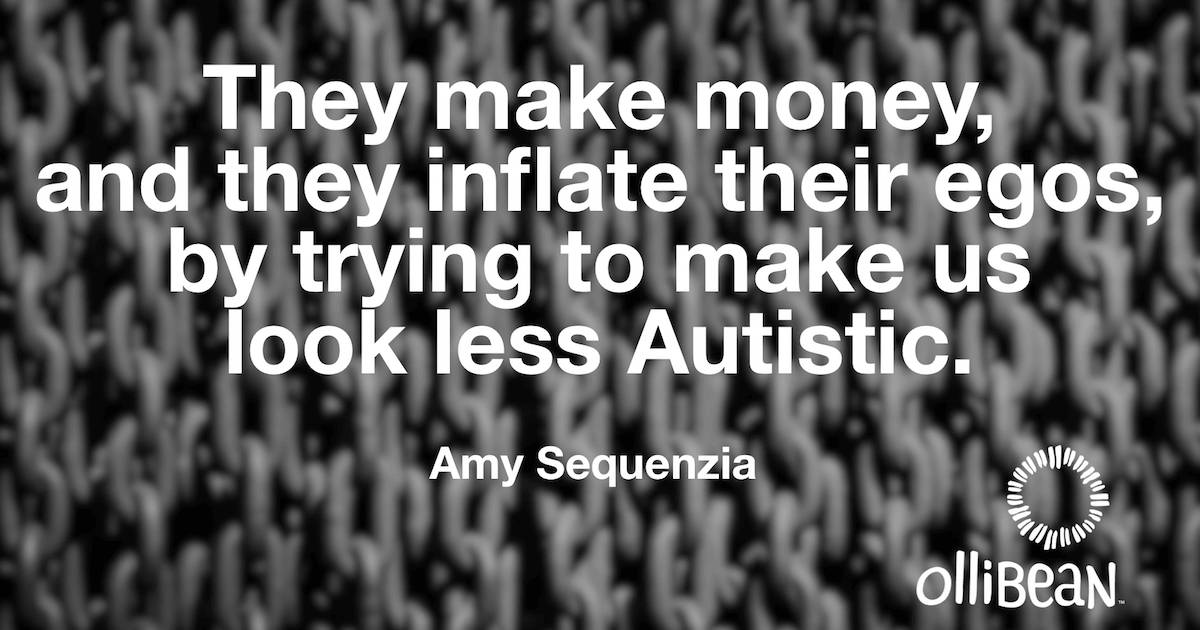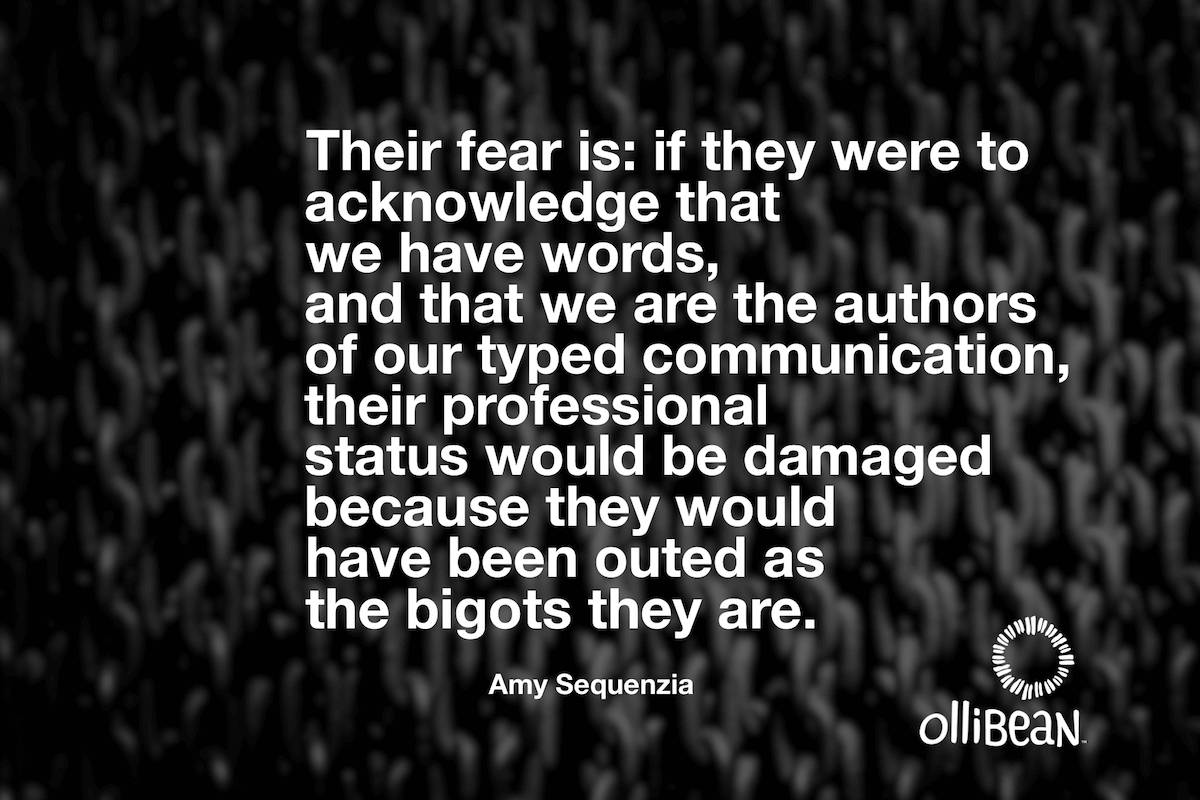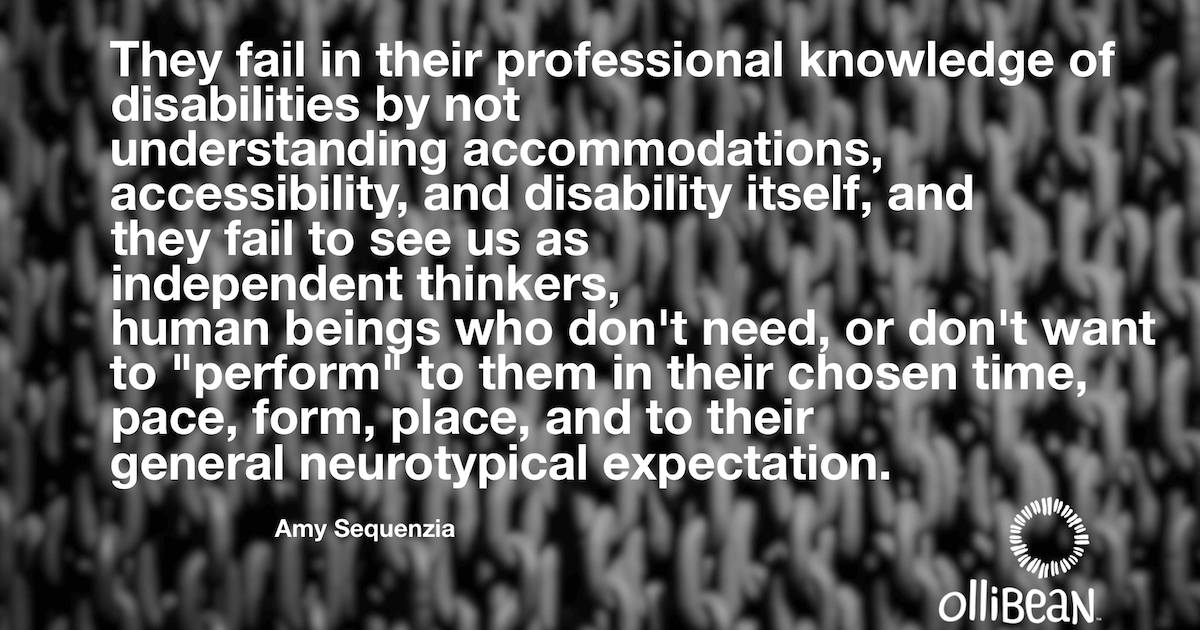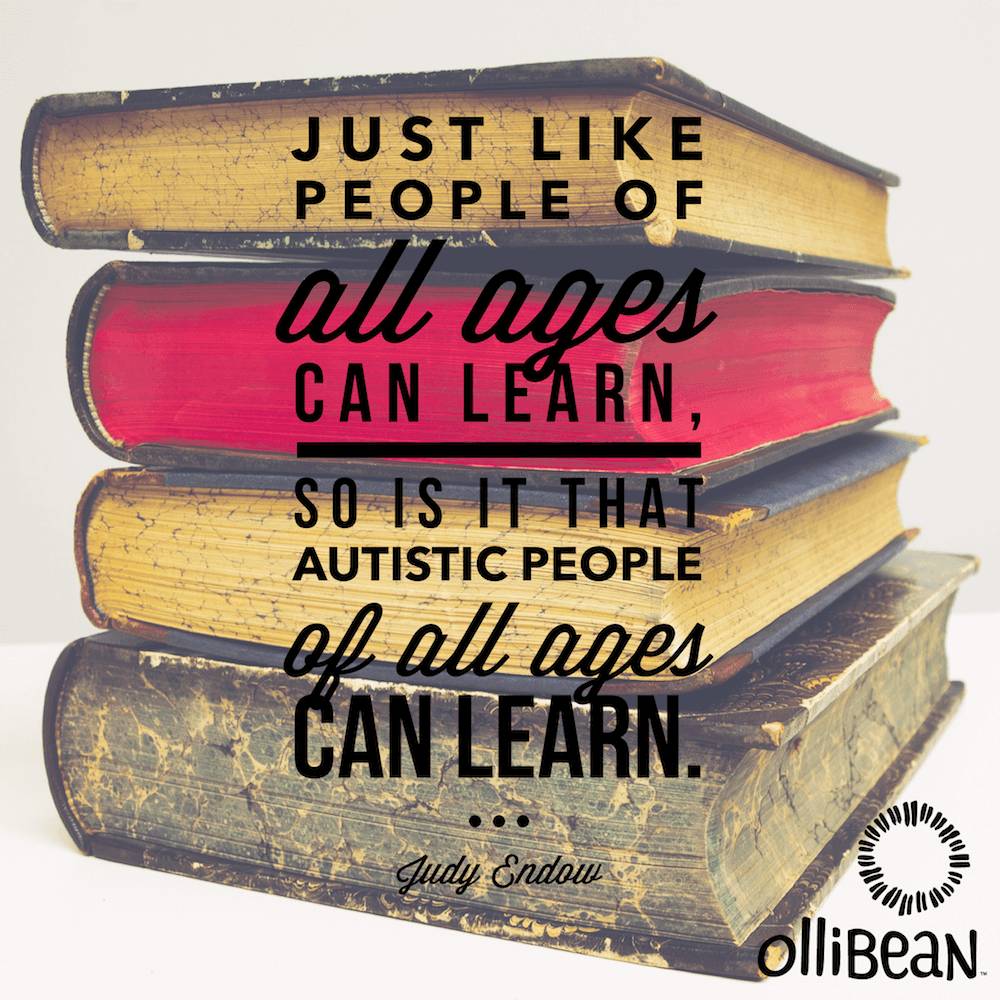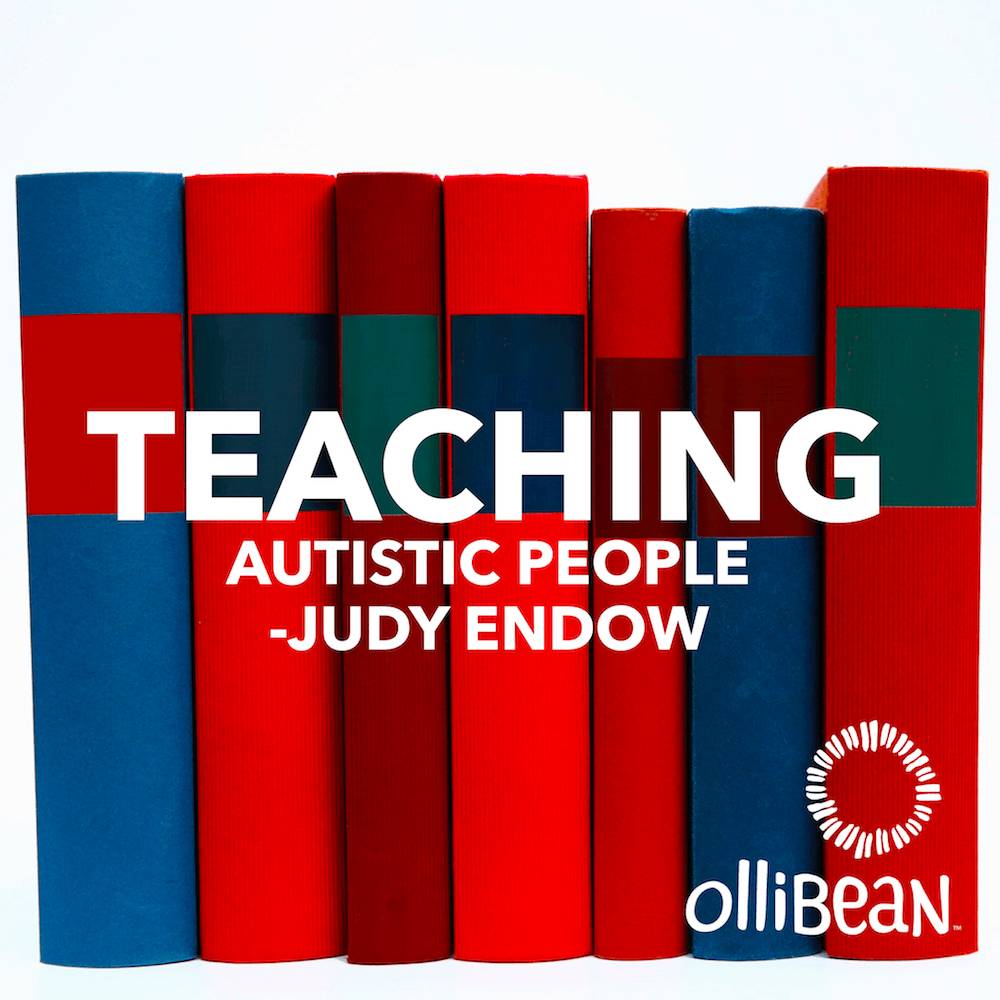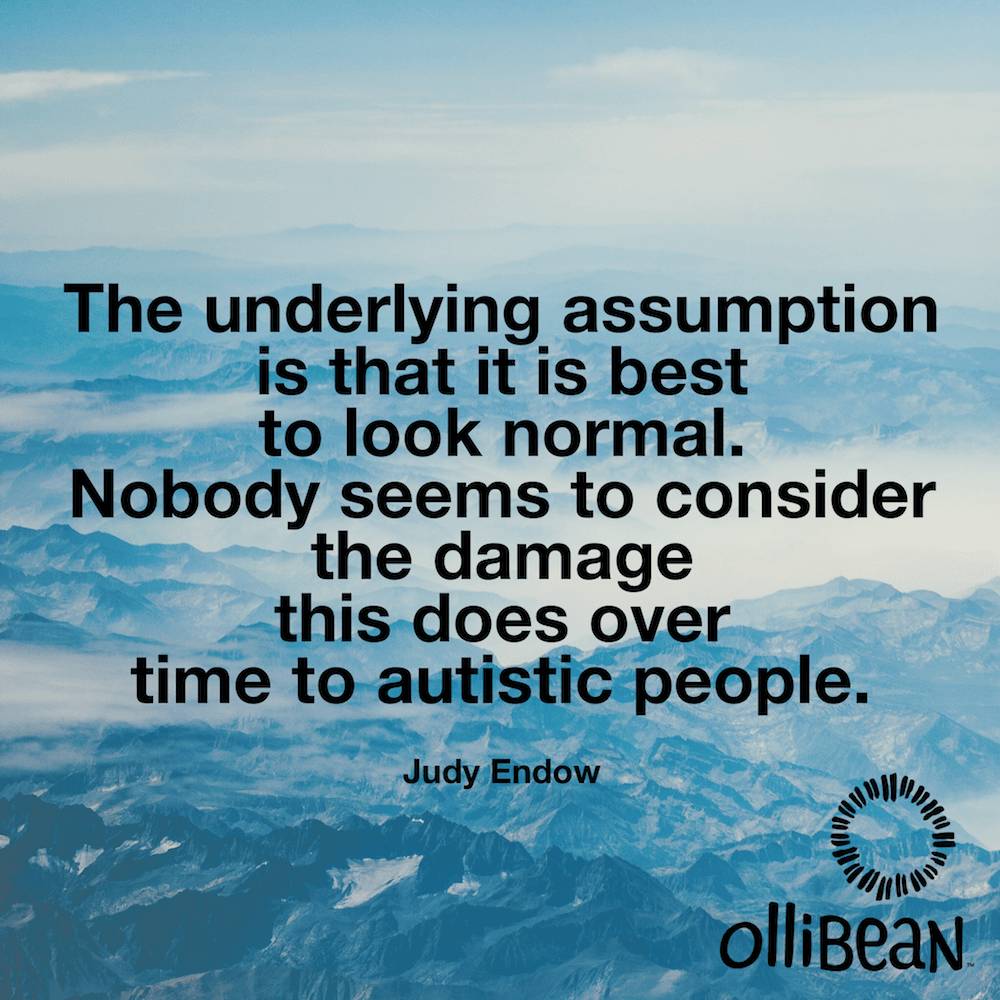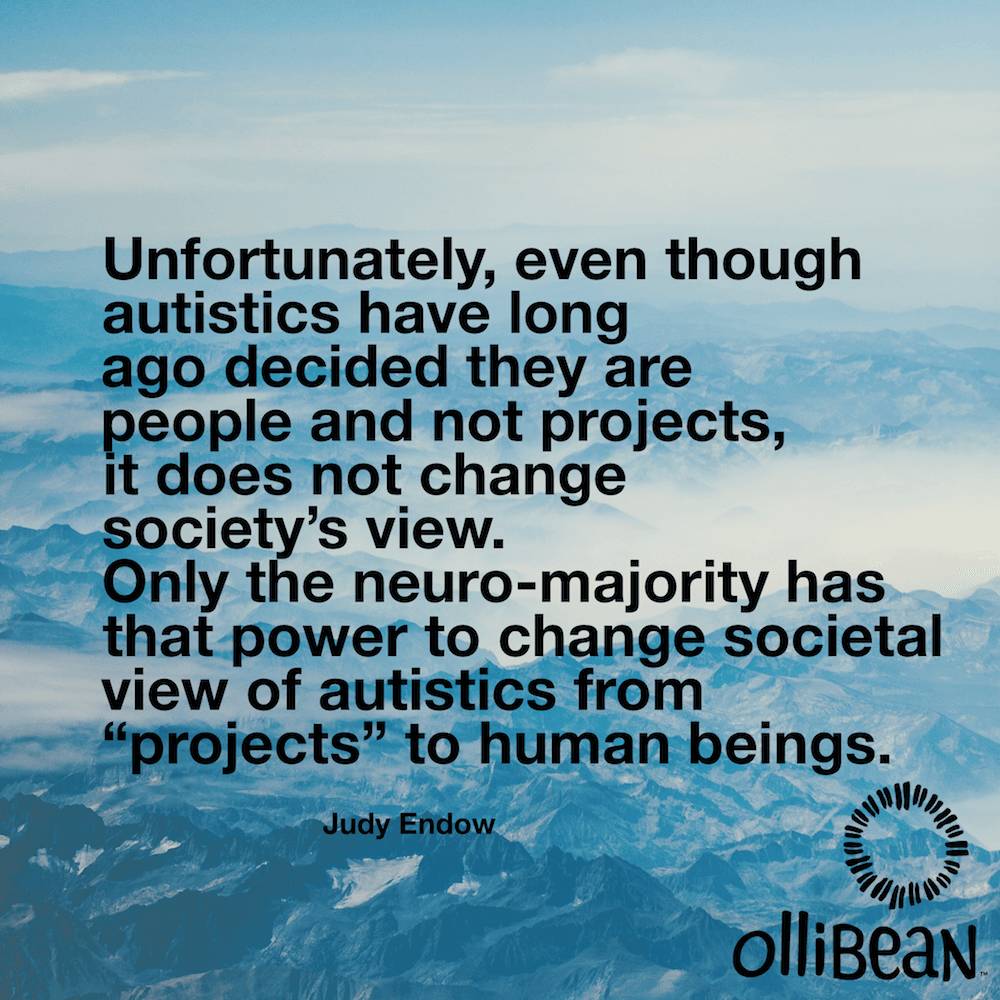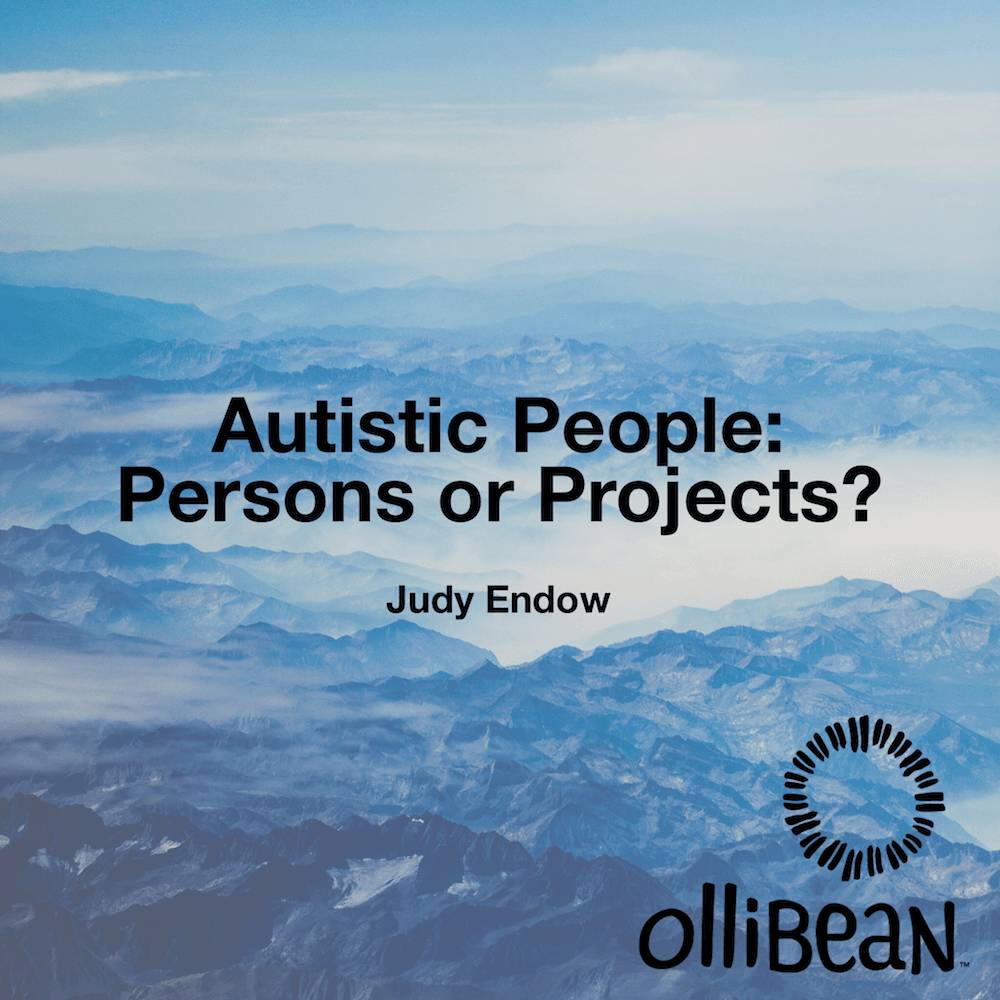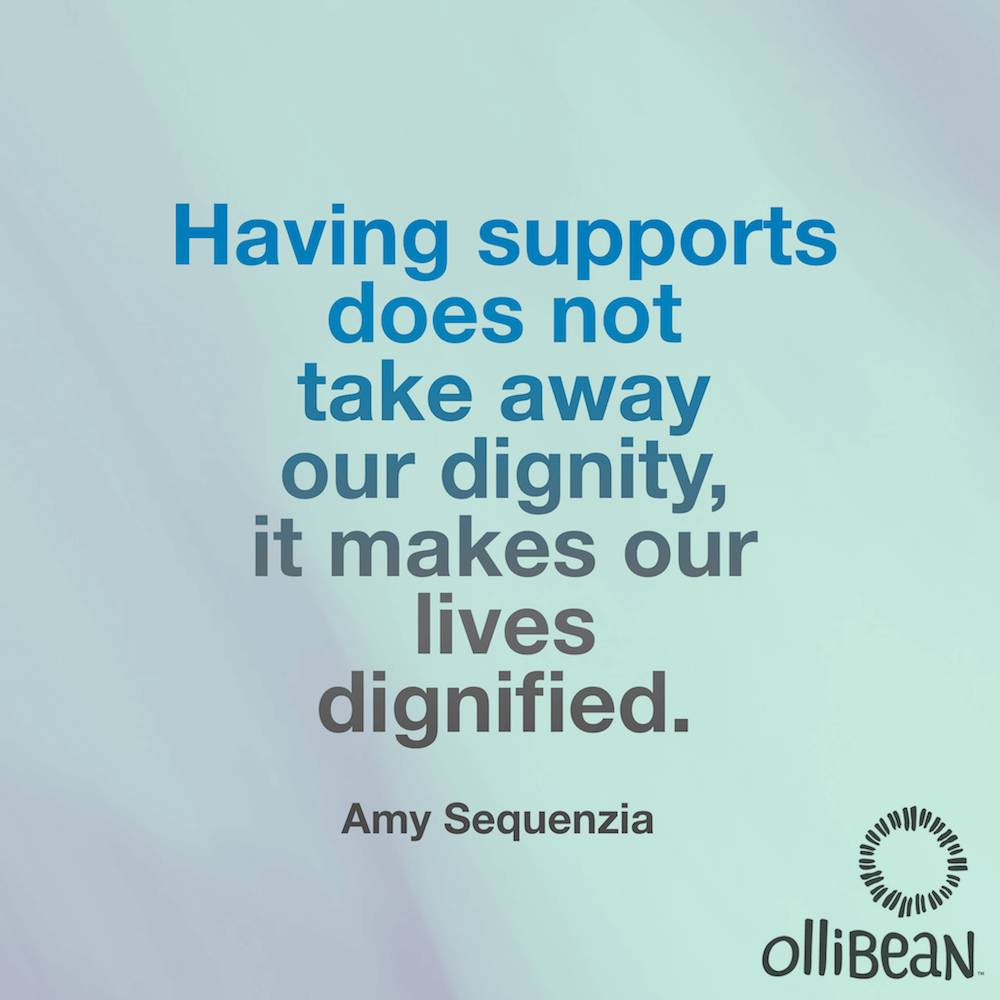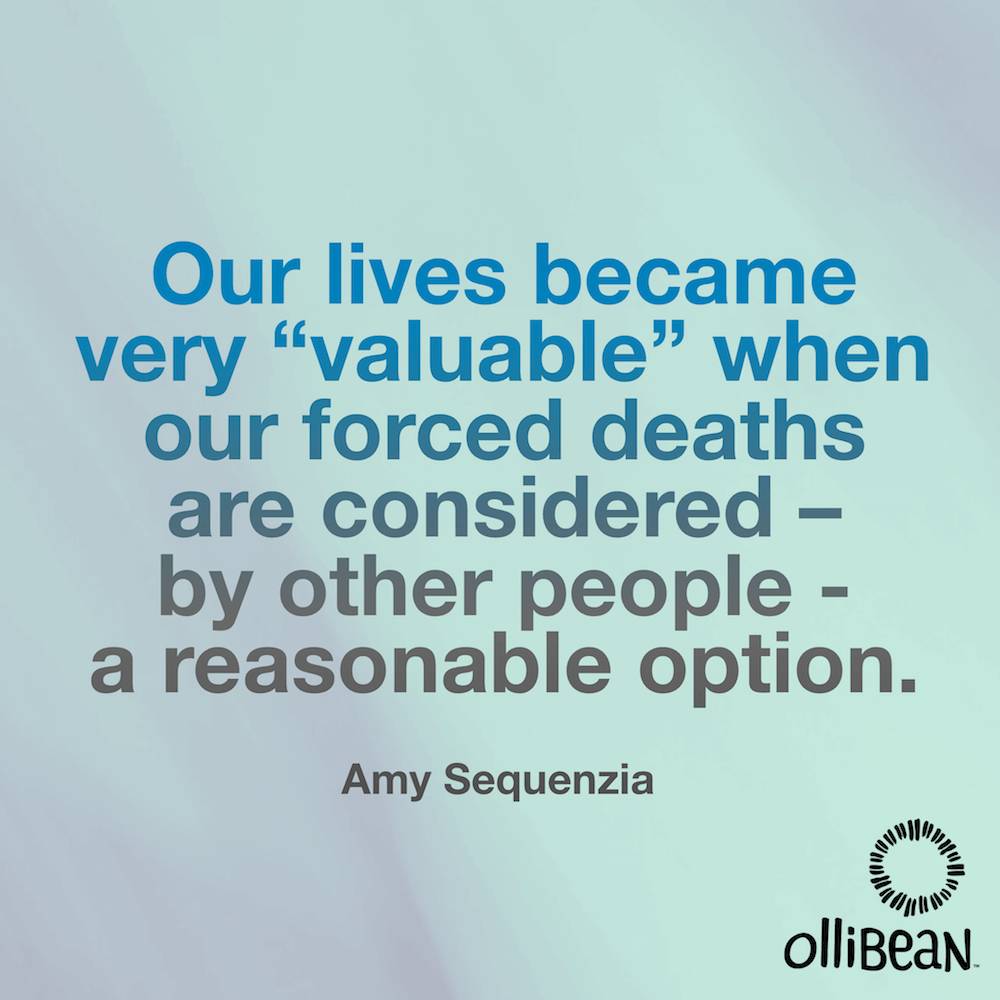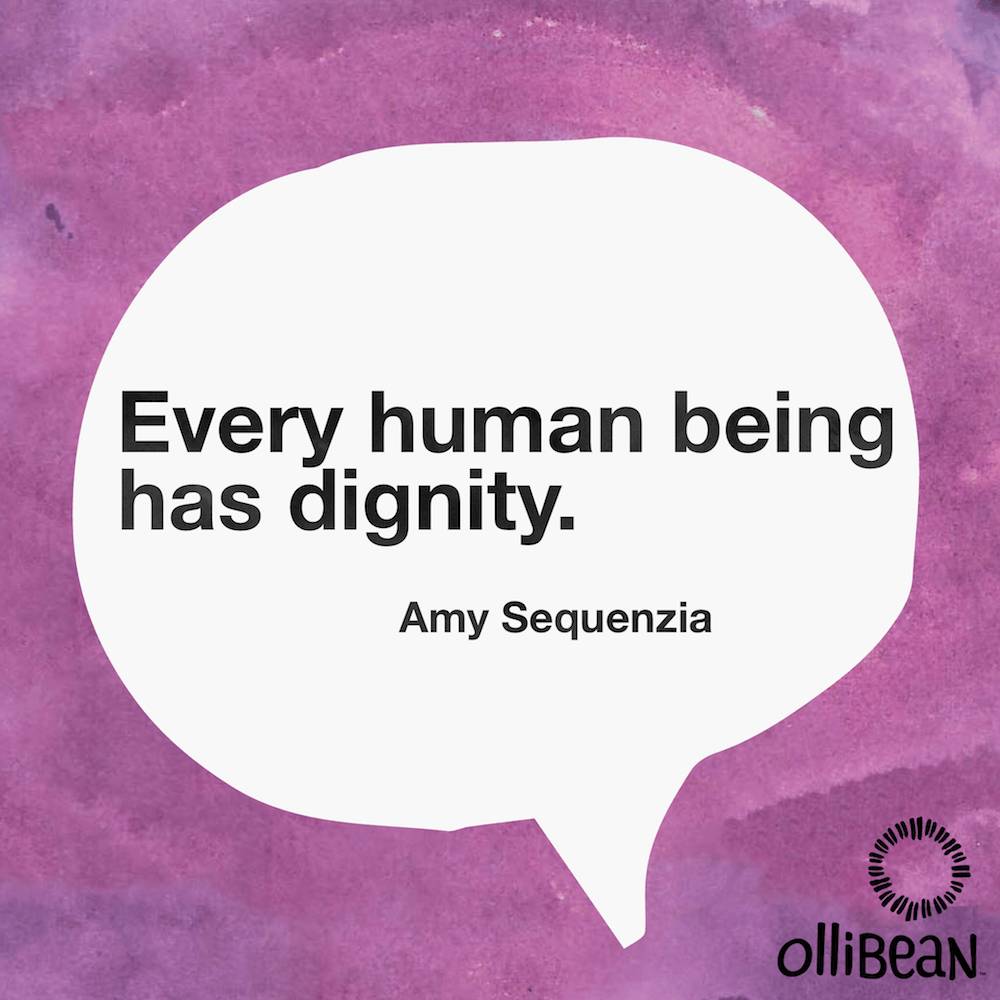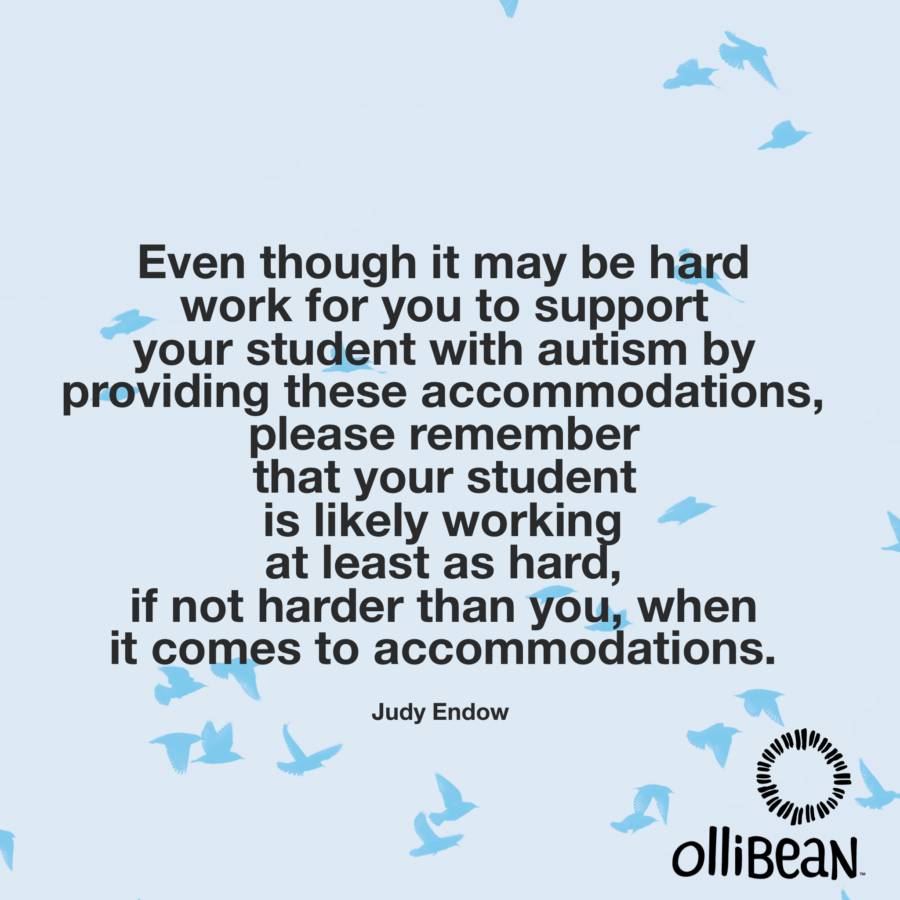Disability Policy: Clinton versus Trump
In a few weeks will have elected a new President of the United States. Many of us get our information from watching TV. The trouble with this is we only get the information the TV
Quick Tips to Create a Visual Schedule
Judy Endow on the Importance of Continuing a Visual Schedule After a Natural Disaster Many children with special needs use a visual schedule to organize their day. A visual schedule shows which activities and the order in
Autistic Burnout and Aging
Judy Endow Examines the Interplay Between Autistic Burnout and Aging Last week I returned from a vacation that I had been dreaming of taking for several years. I had booked my vacation quite a long time
My Sisters. My Allies.
My sisters are good allies. Not just the ally because I am their brother. .Allies knowing all people have the right to inclusion,communication, and civil rights. Knowing not necessary to earn these rights. These are rights for every person.
The Autistic Self Advocacy Network’s Third Annual Gala Honoring Henry Frost and Dr. Anne Donnellan
The Autistic Self Advocacy Network’s third annual gala and celebration at the National Press Club is November 12th. Henry Frost is the recipient of the 2013 Award for Service to the Self Advocacy Movement. Dr.
I am a person.
Ask me. Don't prompt me. Talk to me. Don't prompt me. Have courage.
Disabled TV Character and Positive Outcomes
One Person At A Time I wrote about this before but I want to emphasize a few points. I am talking about the effect of television, or any media, on how disabilities, and disabled people,
Why Disabled People Write About Ableism
Are You Paying Attention When Disabled People Write about Ableism? When I, and other disabled people write about ableism, we don't do it because we like the topic. We do it because we DON’T
Autism Awareness and May Flowers
Autism "Awareness" and May Flowers This is my THANK YOU to all who lived through yet another April with Autism Awareness, the bewareness and woes. It’s May now. My garden is blooming because you
Get Your Happy On
Love this video by Tina and Paul Sirimarco. Tina is an ASL interpreter and has been teaching her husband to sign. The videos they have created are so free spirited and joyful that they're really
250 Words Represent Over Two-Thirds of Captioned Television
"There are more than 500,000 words in the English language, but a person who masters only 250 words will recognize more than two-thirds of all words shown in television captions—provided the 250 words are those
How to Improve Literacy Without Even Trying
One of the simplest things you can do to improve your child’s reading skills is already in your home. Closed captioning is free, easy to use, and a natural literacy booster. Research shows that closed captioning
All children should grow up feeling loved accepted and whole. Not just at home, but in their schools and communities.
Over 30 years of research shows that ALL students do better in inclusive educational settings – both socially and academically.
High expectations and access to rich academic content benefits each and every child.




